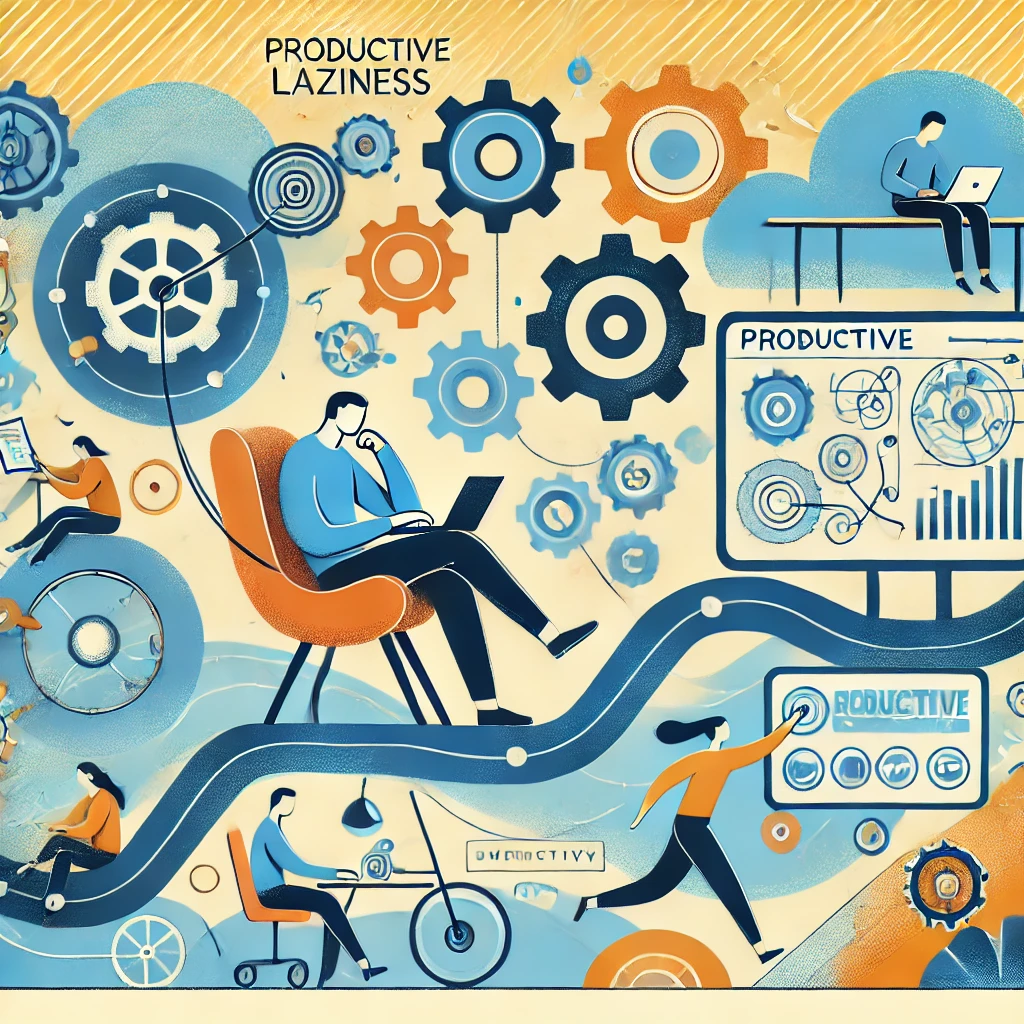
In today’s fast-paced world, we often equate laziness with negativity. Being “lazy” is seen as a character flaw and a lack of motivation or ambition. But what if I told you that laziness, in a sense, has been a driving force behind human progress and innovation?
The Evolutionary Advantage of Laziness
Think about it. Our ancestors didn’t invent the wheel because they were particularly energetic. They invented it because they were tired of dragging heavy objects across the ground. The desire to expend less energy to find easier ways to accomplish tasks is deeply ingrained in our nature. This inherent “laziness” has fueled much of human ingenuity throughout history.
From Stone Tools to Automation: The Legacy of Laziness
From the earliest stone tools to modern-day automation, many of our most significant advancements stem from the desire to simplify our lives. We’ve created machines to do our heavy lifting, automated processes to streamline tasks, and developed technologies to connect us instantly across vast distances. We wanted to make things easier, faster, and more efficient.
Laziness as a Catalyst for Innovation
In this context, laziness isn’t about avoiding work altogether. It’s about finding smarter, more efficient ways to work, challenging the status quo, and seeking creative solutions that save time and effort. This mindset of “working smarter, not harder” drives true innovation.
Embracing “Productive Laziness”
Instead of demonizing laziness, we should recognize its potential to spark creativity and problem-solving. Embracing “productive laziness” means:
- Questioning existing processes: Are there ways to streamline tasks or automate repetitive work?
- Seeking out shortcuts: Are there tools or technologies that can help us achieve the same results with less effort?
- Prioritizing efficiency: Can we focus on the most impactful tasks and delegate or eliminate less important ones?
By reframing laziness as a catalyst for innovation, we can unlock new levels of efficiency and productivity.
Remember: Sometimes, the “lazy” approach can lead to the most groundbreaking and impactful solutions.
So next time you feel a pang of laziness, don’t dismiss it. Embrace it, channel it, and see where it leads you. You might surprise yourself with the innovative ideas and solutions that emerge. After all, as Bill Gates once said, “I choose a lazy person to do a hard job. Because a lazy person will find an easy way to do it.”